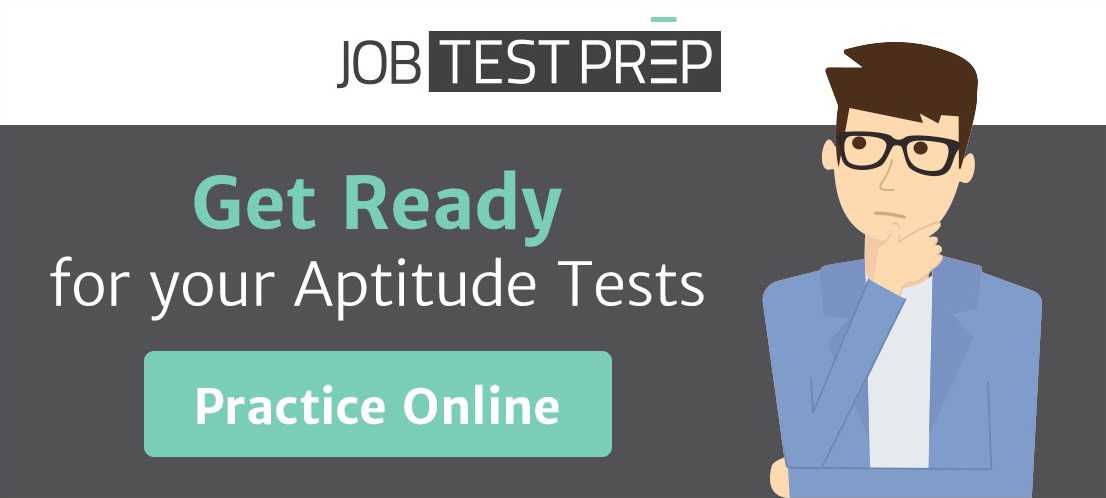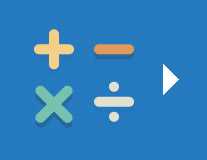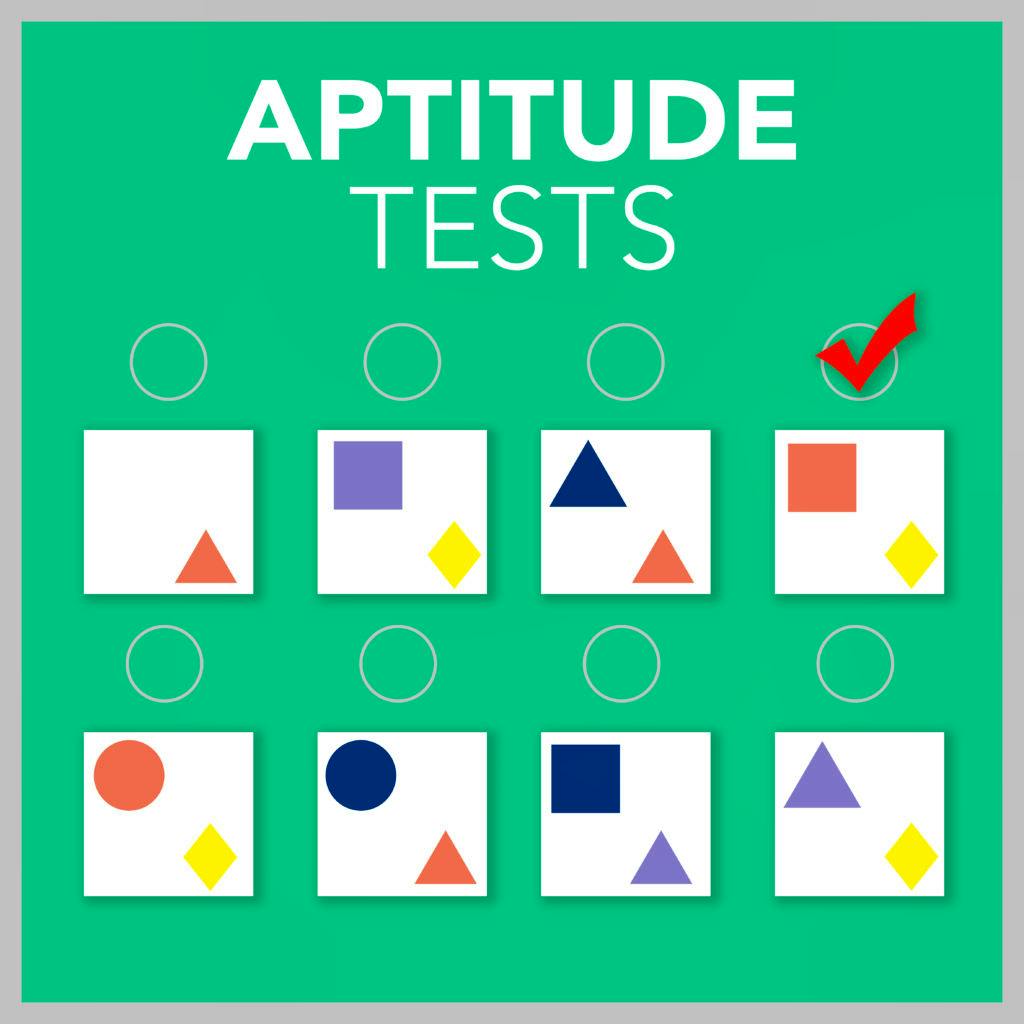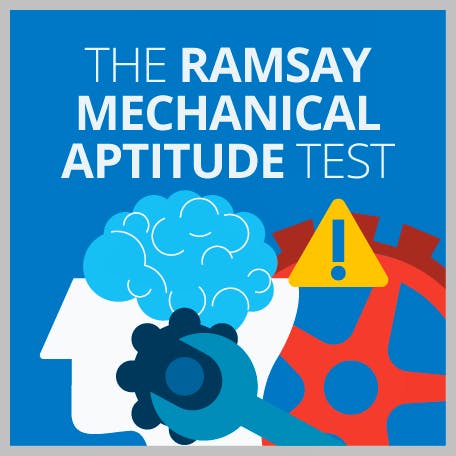A Guide to the Clifton Strengths Test: Examples & Tips
Updated November 18, 2023

- What Is the CliftonStrengths Test?
- What Is the Difference Between a Talent and a Strength?
empty
empty
- What Are the Themes That Are Tested in Clifton's Strengths Assessment?
empty
empty
empty
empty
- What to Expect From the Clifton’s Strengths Assessment
empty
empty
- Examples of Clifton’s Strengths Assessment Questions
empty
empty
empty
empty
- How to Pass the Gallup StrengthsFinder Assessment
- Frequently Asked Questions
- Final Thoughts

What is the CliftonStrengths test? This online assessment analyzes your personality and strengths for personal and professional development. You can purchase the basic test from Gallup for $19.99 and get a basic understanding of your top five personality themes. Or take the comprehensive version for $59.99 and receive a report that ranks all 34 themes and highlights your areas of excellence as well as your blind spots.
When applying for a job, you may find that the recruitment process consists of many different steps. There is the initial application form to start and usually an interview to finish. In the middle, there may be an assessment – an aptitude, intelligence or personality test.
The CliftonStrengths test is one assessment used by employers during the onboarding process. It was previously known as the CliftonStrengthsFinder.
In this guide, you will learn about the CliftonStrengths personality test and how it is used in recruitment.
What Is the CliftonStrengths Test?
The CliftonStrengths test, developed in 1999, is an assessment tool that assesses how someone performs on four domains within 34 themes and works with a strengths-based approach.
The four distinct domains of leadership strengths are:
- Executing
- Influencing
- Relationship building
- Strategic thinking
This web-based tool will identify talents that can be turned into strengths and how each team member can contribute to the company’s overall group goals and a successful outcome.
The questions in the assessment were created based on 30 years of research of human strengths, so it is regarded as an accurate and well-renowned test.
What’s more, the CliftonStrengths test has been repeatedly subjected to psychometric examination and found to have strong reliability and validity.
The test measures a person’s strengths in the following areas:
- Emotional intelligence
- Cognitive ability
- Social skills
- Special talents
The organization that hosts the CliftonStrengths assessment is Gallup. Rooted in positive psychology, this Gallup test is designed to help companies choose the best candidates for job roles. It provides insight into the applicants’ interpersonal qualities and how well they would fit into the workplace.
The CliftonStrengths test assesses your personality and natural strengths. The tool allows employers to see what you are naturally good at, as well as your potential to grow.
This means that if you tend to go hard on yourself, or find you are stronger in some areas and lacking in others, the test will give an insight into how you can use your strengths and build on areas of potential.
If you are taking it as part of a job application, the CliftonStrengths test cost will be covered by the organization you are applying to.
As well as being used to screen potential new starters, the Gallup StrengthsFinder test can be used by anyone who is curious about their personal strengths.
It can be a good developmental tool to improve interpersonal qualities such as positivity, situation analysis and empathy. If you want to take the test online for your own development, you will cover the CliftonStrengths test cost.
What Is the Difference Between a Talent and a Strength?
Put simply, the difference between a talent and a strength is as follows:
- A talent is something we are born with
- A strength is our ability to perform a task again and again with positive results
While the Clifton test is called 'strengths', it also mentions talents. Therefore, it is highly important that you understand the difference between the two concepts.
The test identifies talents to help candidates develop them into strengths.
In this section, you will explore the difference between talents and strengths in more detail.
What Is a Talent?
A talent is your natural pattern for thinking, feeling and doing. It represents the potential you have for performing a certain skill.
Talents are skills we are born with and so is our natural default.
Talents are typically something that is impressive, easy to demonstrate, and provides a service or entertainment to others.
Some examples of easily demonstrable talents include:
- Singing
- Painting
- Graphic design
- Sports
- Acting
- Writing
The CliftonStrengths assessment test is designed to help you identify your talents so you can develop them into strengths.
What Is a Strength?
Strengths are just as valuable as talents, but they tend to be harder to demonstrate. They are not always qualities that you can show on demand in the way you can talents such as dancing, juggling or storytelling.
However, they are similar to talents in that they are also abilities that you have developed and can perfectly, consistently perform.
Strengths begin as talents, and the CliftonStrengths assessment helps test-takers recognize how to build this connection.
Rather than being something you are born with, strengths represent your potential. You can have many strengths across different areas of your life.
Unlike talents, we are not born with strengths. Instead, they are skills that we learn and build on right from when we are children.
Some examples of strengths include:
- Trustworthiness
- Patience
- Dedication
- Creativity
- Discipline
- Enthusiasm
We all have strengths, and we all have weaknesses. It may seem logical to spend time focusing on improving weaknesses, but the concept of strengths philosophy suggests otherwise.
This philosophy says that an individual can gain much more benefit from building on their greatest strengths rather than expending effort on repairing weaknesses.
The theory asserts that developing your strengths provides more pay-off than trying to fix your weaknesses.
In relation to the CliftonStrengths assessment test, a strength relates to a specific task and the ability to perform that task consistently.
To complete a task successfully, there are three core components:
- Talent
- Skills
- Knowledge
In summary, while skills and knowledge can be gained through time and effort, talent is a natural gift.
Therefore, talent is based on our thinking, feeling and behaviors. These attributes are often rooted in our personality, making them interpersonal strengths.
What Are the Themes That Are Tested in Clifton's Strengths Assessment?
In the CliftonStrengths test, the ‘themes’ refer to personality characteristics that drive the way you behave in different situations.
The 34 themes are split into four categories of:
- Executing
- Strategic thinking
- Relationship building
- Influencing
Executing Themes
- Achiever – Driven to work tirelessly to reach goals
- Arranger – Adept at organization and look for the best solution to make things happen
- Belief – Driven by values and ethics
- Consistency – Value equality above all else, and works to clearly defined roles and practices
- Deliberative – Sees the world through cautious eyes
- Discipline – A person who desires structure
- Focus – Determines their actions based on a focused end goal
- Responsibility – Refers to a sense of ownership
- Restorative – Effective problem solvers
Strategic Thinking Themes
- Analytical – Those who think logically
- Context – Understand the ‘here and now’
- Futuristic – Looks ahead at what could happen
- Ideation – Creatives driven by the search for new ideas
- Input – Those with an inquisitive nature
- Intellection – Introspective thinkers
- Learner – Continuously looks to expand their knowledge and skills
- Strategic – The individual has a talent for strategizing
Relationship Building Themes
- Adaptability – Are flexible and respond well when the situation changes
- Connectedness – Has faith in unity and fate
- Developer – Strives to help others reach their full potential
- Empathy – Understands the thoughts and feelings of others
- Harmony – Mitigates conflict and brings people together through common ground
- Includer – Believes in complete inclusivity
- Individualization – Everyone is unique
- Positivity – Those with endless optimism and enthusiasm
- Realtor – Looks to build a close bond with a select few
Influencing Themes
- Activator – Action-orientated
- Command – Stands up and takes charge of scenarios
- Communication – Inspires others by bringing ideas to life
- Competition – Assesses achievement against their peers
- Maximizer – Find fulfillment in maximizing their potential
- Self-assurance – Confident in abilities and judgment
- Significance – Long for recognition
- Woo (Winning over others) – Winning over others and enjoys making connections/building a rapport with strangers
What to Expect From the Clifton’s Strengths Assessment
The CliftonStrengths test is a web-based assessment. It can be taken at home, the workplace or at a test center. It depends on who has requested it. It is much like any other personality questionnaire you may take, whether for your own development or as part of a job application.
In the test, candidates will be presented with two statements at opposite ends of the statement. These statements will be related to the CliftonStrengths themes just like the example questions below.
The candidate must then choose which of the two statements identifies with them the most and to what extent.
There are 177 statement pairs in total, designed to measure a wide range of characteristics. Some of the characteristics will be how a person can process information, how a candidate behaves in social settings and their work-based preferences.
Each statement pair appears on a screen for 20 seconds. Therefore, candidates cannot overthink the question and instead provide an instinctive answer. This method ensures that the results are a true representation of the person.
On the completion of the assessment, the candidate is provided with a personalized report.
There are two options to choose from for those who are doing this themselves:
- The Top 5 CliftonStrengths Report
- The CliftonStrengths Report
Top 5 CliftonStrengths Report
This short report offers a basic overview of the talent profile. It details the five most dominant themes with how these are related to the strengths of the individual.
CliftonStrengths Report
This is the more comprehensive report and also the more expensive option. This report provides a complete profile to the test taker.
Each of the 34 themes will be listed in the order in which they relate to the individual’s character. The five most important dominant themes will be explained in more detail.
In this report, there will also be a guide on how to make the most of the talents and how to avoid the potential downfalls.
Examples of Clifton’s Strengths Assessment Questions
In the CliftonStrengths test, there are 177 questions that will identify your strengths out of 34 themes. The test typically takes 30 to 45 minutes to complete.
The 177 questions are paired personality statements that you will be required to rate based on how you feel about them.
For each question, there will be a number of reactions, and you will need to select the one that best describes you.
The test is designed to capture your natural, immediate answer, so you will have to select a choice on the scale within 20 seconds. If you do not make a selection within this time, the test will automatically move on to the next question.
It is important to note that there is no right or wrong answer for the CliftonStrengths questions. Each statement is a valid and valuable way of working and simply means you may be better suited to some roles than others.
Below you will find examples of the types of questions you can expect from the CliftonStrengths test. You can use these free CliftonStrengths assessment questions to prepare for the test.
Example CliftonStrengths Personality Test Question 1 – Executing
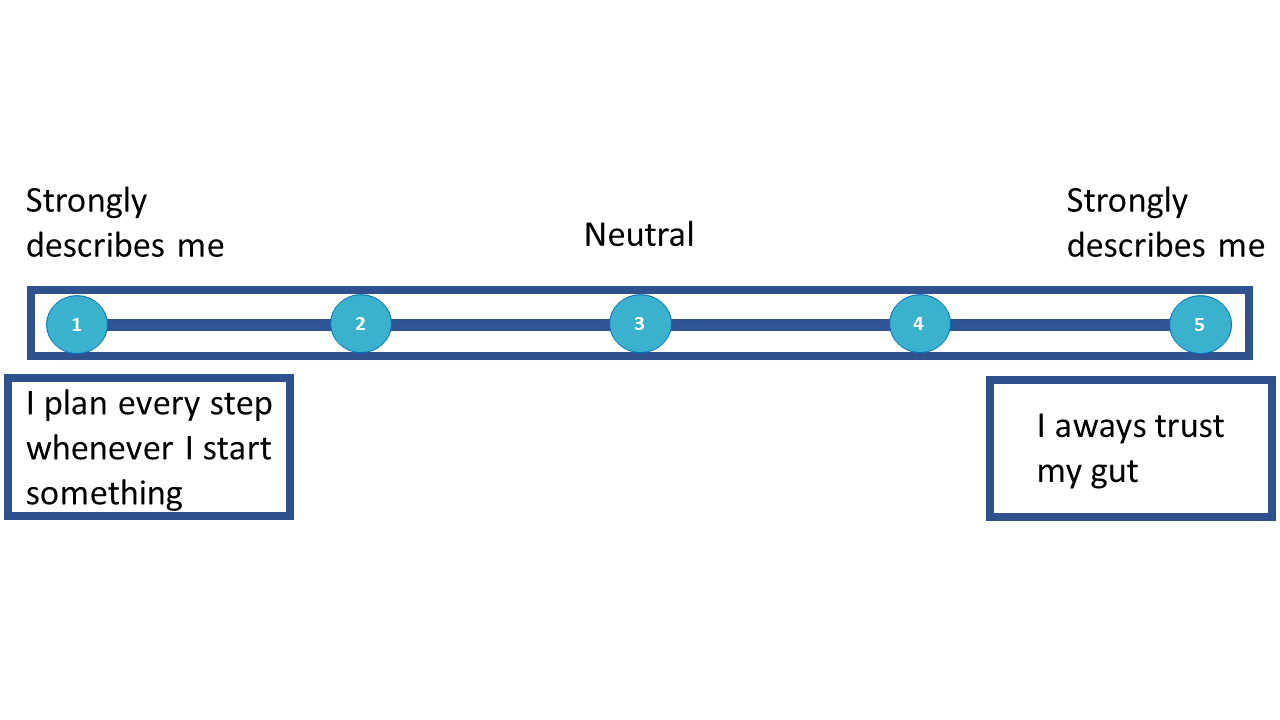
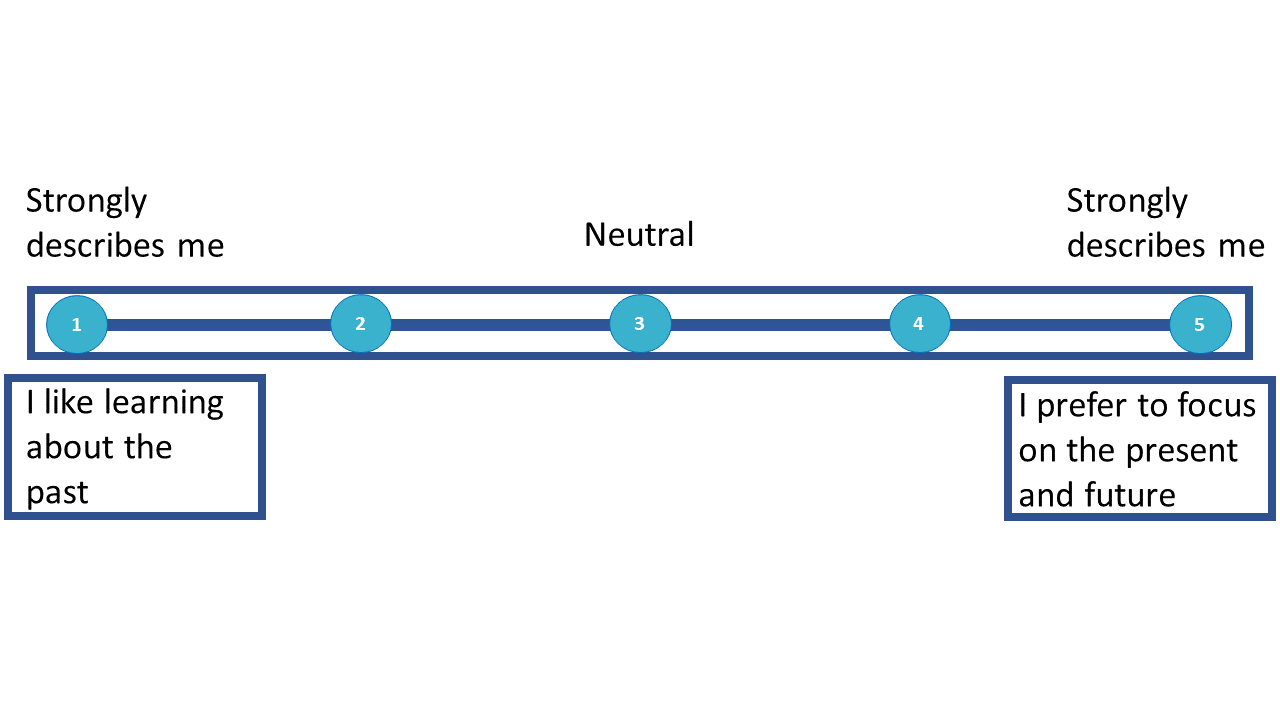
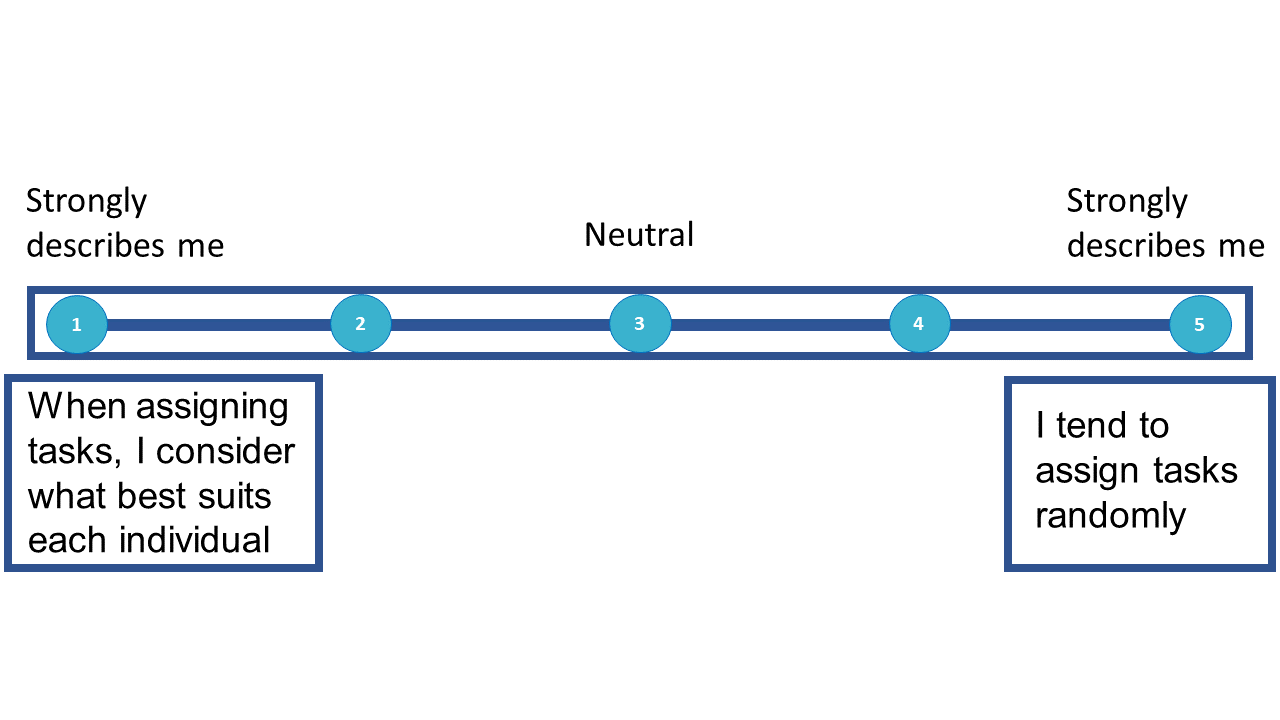
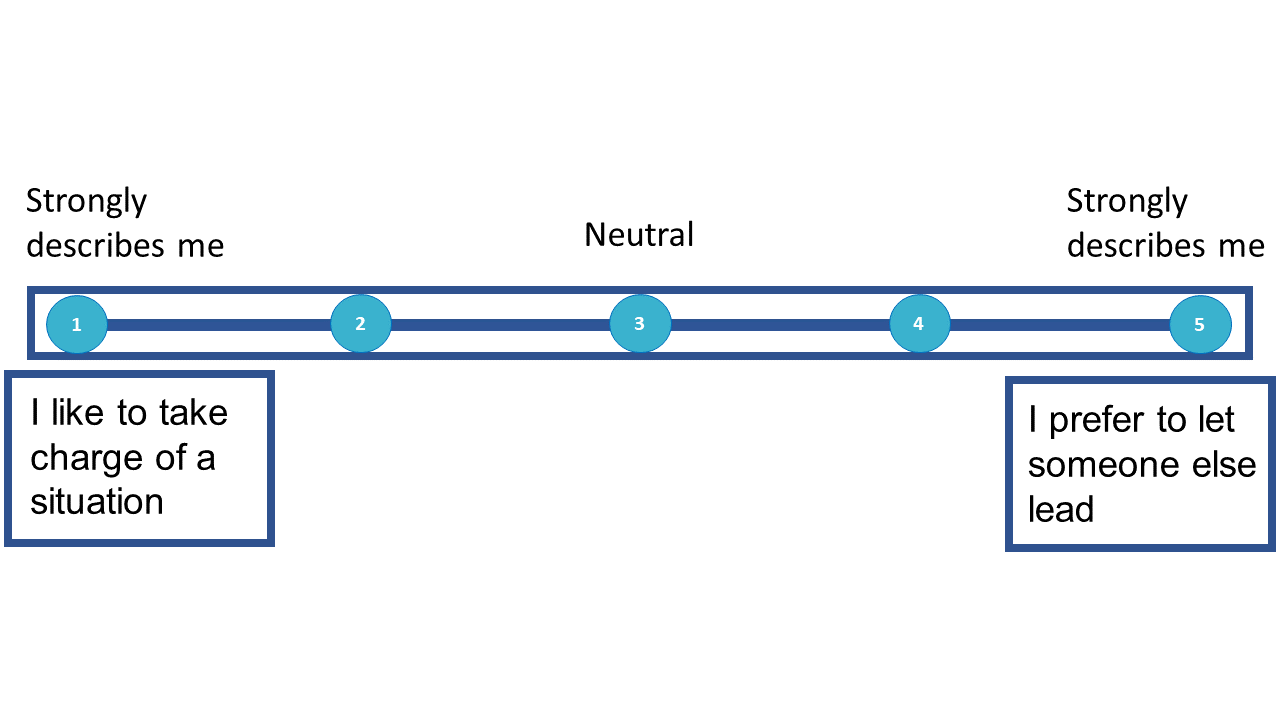
If you need to prepare for a number of different employment tests and want to outsmart the competition, choose a Premium Membership from JobTestPrep.
You will get access to three PrepPacks of your choice, from a database that covers all the major test providers and employers and tailored profession packs.
How to Pass the Gallup StrengthsFinder Assessment
While it is often referred to as a test, technically it is not. There is no pass or fail. It is a measurement of a person's personality and talents.
Therefore, it is not something that can be prepared for. However, here are some suggestions for getting the most out of the experience.
Step 1. Take the Test in One Sitting
You should take the test in one sitting to get the most accurate results to avoid inconsistent answers.
Ensure you have enough time to complete the test – one hour is recommended to ensure you are not rushed.
Step 2. Don’t Pre-Empt Questions
When it comes to the CliftonStrengths assessment, there is no point trying to guess what questions you may be asked.
There is no preparation required for this test: you really just need to be yourself! The best approach is to answer each question as it comes to ensure an accurate report is produced at the end.
Step 3. Answer Instinctively
The Gallup Strength assessment is designed to make you answer instinctively as you only have 20 seconds to respond to each question before the assessment moves on.
Step 4. Be Honest
The test is to provide an accurate analysis of your personality, and so you should answer every question honestly. The CliftonStrengths test is a great developmental tool and so answering truthfully can help you build your skill set.
The Gallup StrengthsFinder assessment determines how someone performs on the four domains of leadership.
The test is not difficult in the way other assessments are, as it requires no preparation and no revision. It can be tricky to decide which statement you align with for each question, but the time limit will force you to answer instinctively.
You can read about the CliftonStrengths test online, but it is not necessary to prepare. It is best to go into the assessment with minimal preparation to allow you to answer the 177 questions honestly.
You can take the CliftonStrengths test online. If you are taking it for yourself, you can do it at home. If the test is part of a job application, you will likely take it at the workplace or an external test center.
No, there is only the paid version of the CliftonStrengths Test.
The test is worth taking, as it can help you build on your strengths in all areas of your life.
You can certainly include your CliftonStrengths findings on your resume. This is a good way to back up your strengths with data.
You can find sample questions for the CliftonStrengths assessment online. Try the ones on JobTestPrep.
There may not be much benefit in retaking the CliftonStrengths assessment, as you are unlikely to see any meaningful changes in your results over time. The organization behind the CliftonStrengths test, Gallup, does not recommend retaking it.
There is a 20-second time limit for each question, where you will need to choose which one of two statements you most align with.
The purpose of the CliftonStrengths assessment is to measure your talents – that is your natural patterns of thinking, feeling and behaving.
It categorizes your talents into the 34 themes. You can use your test report to work on your career, relationships, and personal life.
This guide provides a full insight into the test and what you can expect when taking the assessment. You can also find a full guide and sample questions on JobTestPrep.

